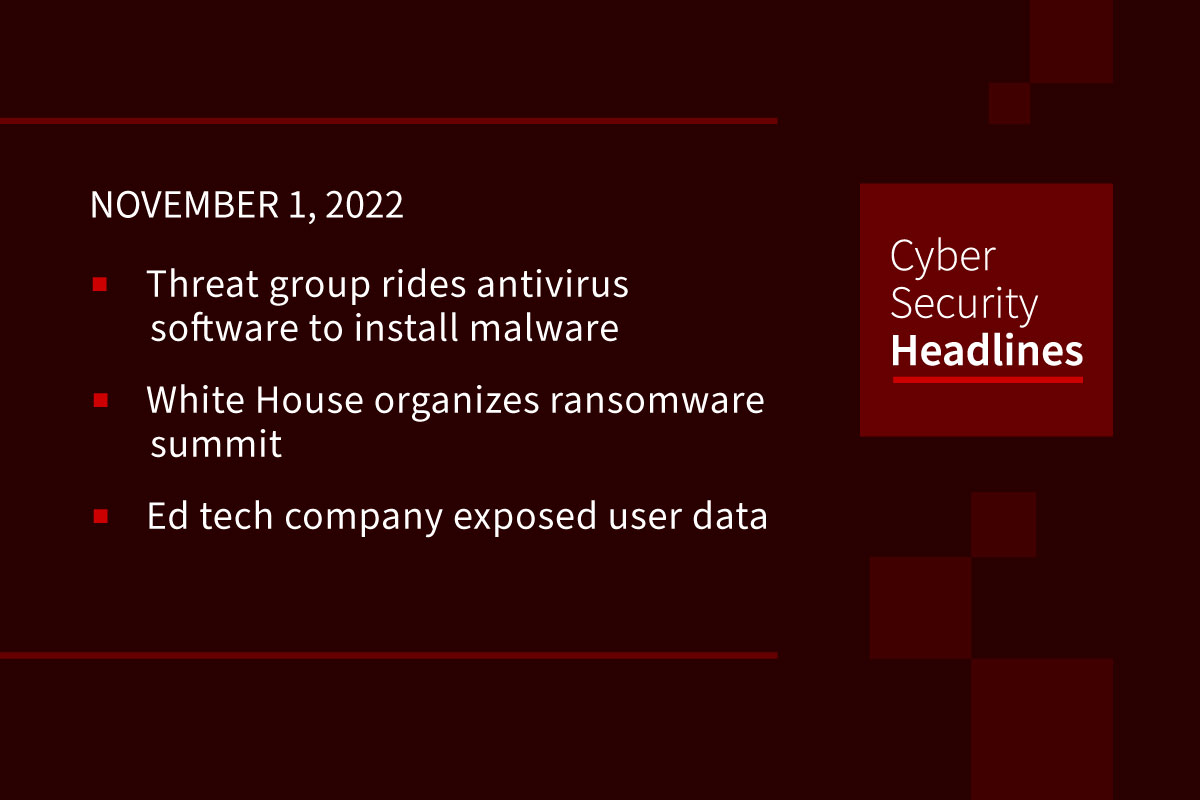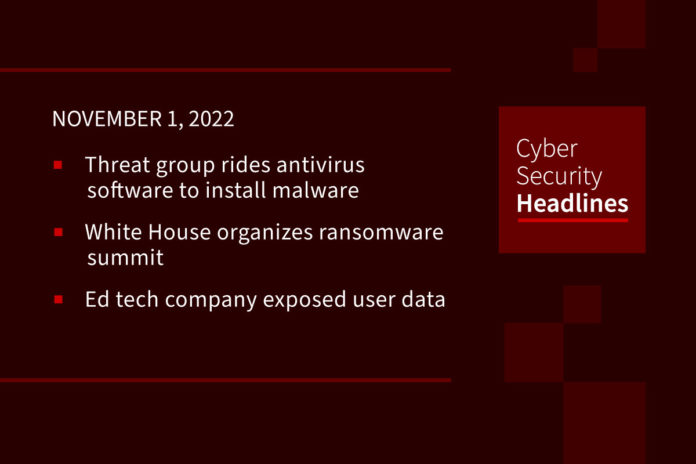The Transport Workers’ Union will call an emergency safety summit in the wake of a violent attack on a female bus driver in which she was allegedly spat on, kicked and punched by a 13-year-old boy and an older accomplice.
The woman was driving the route between Elizabeth Quay and Curtin University when she pulled into the Victoria Park station about 7.15pm on Thursday and was set upon in an assault TWU WA branch secretary Tim Dawson said was “hard to put into words”.
According to police, a 13-year-old boy who had boarded the bus with a disorderly group of people spat on the bus driver before stealing her phone.
It is alleged the same boy then kicked the victim, before a 32-year-old woman punched her in the face.
The brutal alleged attack came just two days after Edward Charles Abbott pleaded guilty to attacking a 66-year-old TransWA bus driver in Geraldton.
When Abbott was denied a seat on the bus, he struck the bus driver multiple times to the head, causing him to lose his front teeth, and leaving him with cutting and bruising to his mouth and face. He will be sentenced next month.
In a statement on Sunday, the TWU said it was time to call time on the “safety crisis” on WA buses, saying the union has had enough of State Government “inaction on anti-social behaviour and bus driver attacks”.
Mr Dawson has called on bus operators to release union delegates and health and safety representatives from work next Wednesday so they could attend the urgent safety summit.
He said the union had long been calling for an increase to security measures for bus drivers, including bringing security services in-house rather than contracting it out.
Bus security guards should also have the same powers as transit guards, such as the power to arrest, Mr Dawson said, while also calling for harsher penalties for attacks on transport workers.
“(Bus drivers) are very concerned and we’ve been discussing their concerns for quite awhile with the Government,” he said.
“They are concerned with what they saw last week (the Victoria Park attack) and unless something changes, it will happen again.”
Mr Dawson said the union had reached out to the victim, who he understood was shaken up by the ordeal.
Source…




